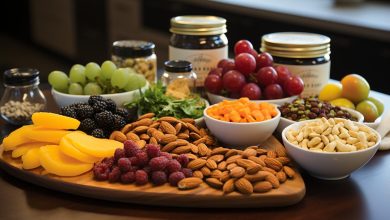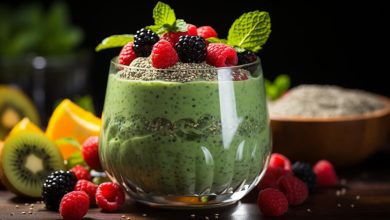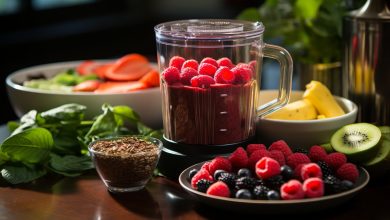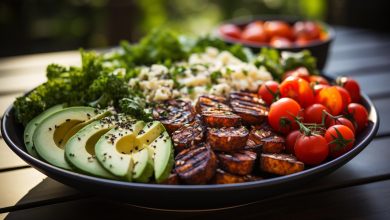Post-Run Meal Ideas for Optimal Recovery
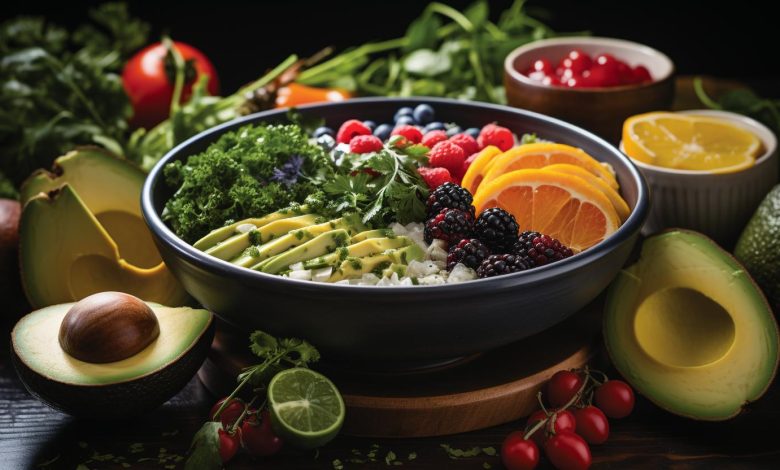
Do you ever feel like your body is running on empty after a long run? Well, it’s time to refuel and recover! In this article, we’ll explore some post-run meal ideas that will help optimize your recovery.
Whether you’re a seasoned marathoner or just starting out with Couch to 5K, proper nutrition plays a crucial role in replenishing energy stores and repairing muscles.
So, let’s dive into the world of delicious and nutritious meals that will have you bouncing back stronger than ever!
The Importance of Post-Run Nutrition
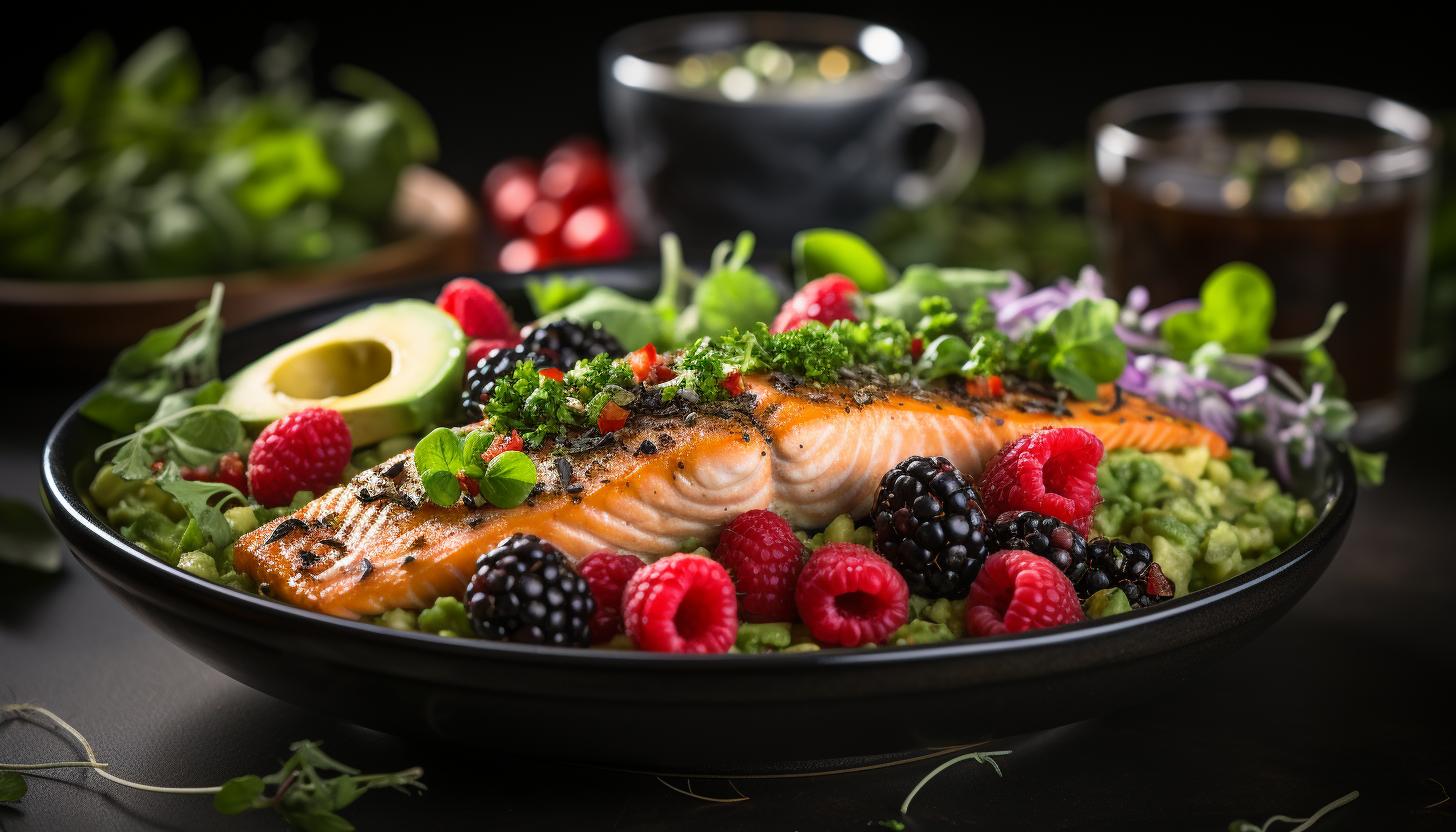
Post-run nutrition is crucial for replenishing energy stores and promoting muscle recovery. After a run, your body needs the right combination of nutrients to repair and rebuild muscles, as well as replenish glycogen stores. Nutrient timing plays a vital role in optimizing recovery and maximizing performance gains.
To start with, it’s important to consume a post-run meal or snack within 30 minutes to an hour after finishing your run. This window of time is known as the ‘glycogen synthesis window,’ where your muscles are most receptive to absorbing carbohydrates and protein. During this time, your body can efficiently restore glycogen levels and initiate muscle repair.
In addition to timing, including specific nutrients in your post-run nutrition can further enhance recovery. Carbohydrates are essential for replenishing glycogen stores, while protein helps repair damaged muscle tissues. Good sources of carbohydrates include fruits, whole grains, and starchy vegetables like sweet potatoes. For protein intake, lean meats, dairy products, or plant-based options like tofu or legumes are great choices.
Supplements can also play a role in supporting post-run recovery. Protein powders or shakes can provide convenient and quick-digesting protein sources when whole foods may not be readily available. Additionally, supplements containing branched-chain amino acids (BCAAs) have been shown to aid in reducing muscle soreness and promoting muscle protein synthesis.
Remember that proper post-run nutrition is essential for optimal recovery and future training adaptations. By focusing on nutrient timing and incorporating appropriate supplements if needed, you can effectively support your body’s recovery process after each run.
Macronutrient Breakdown for Recovery
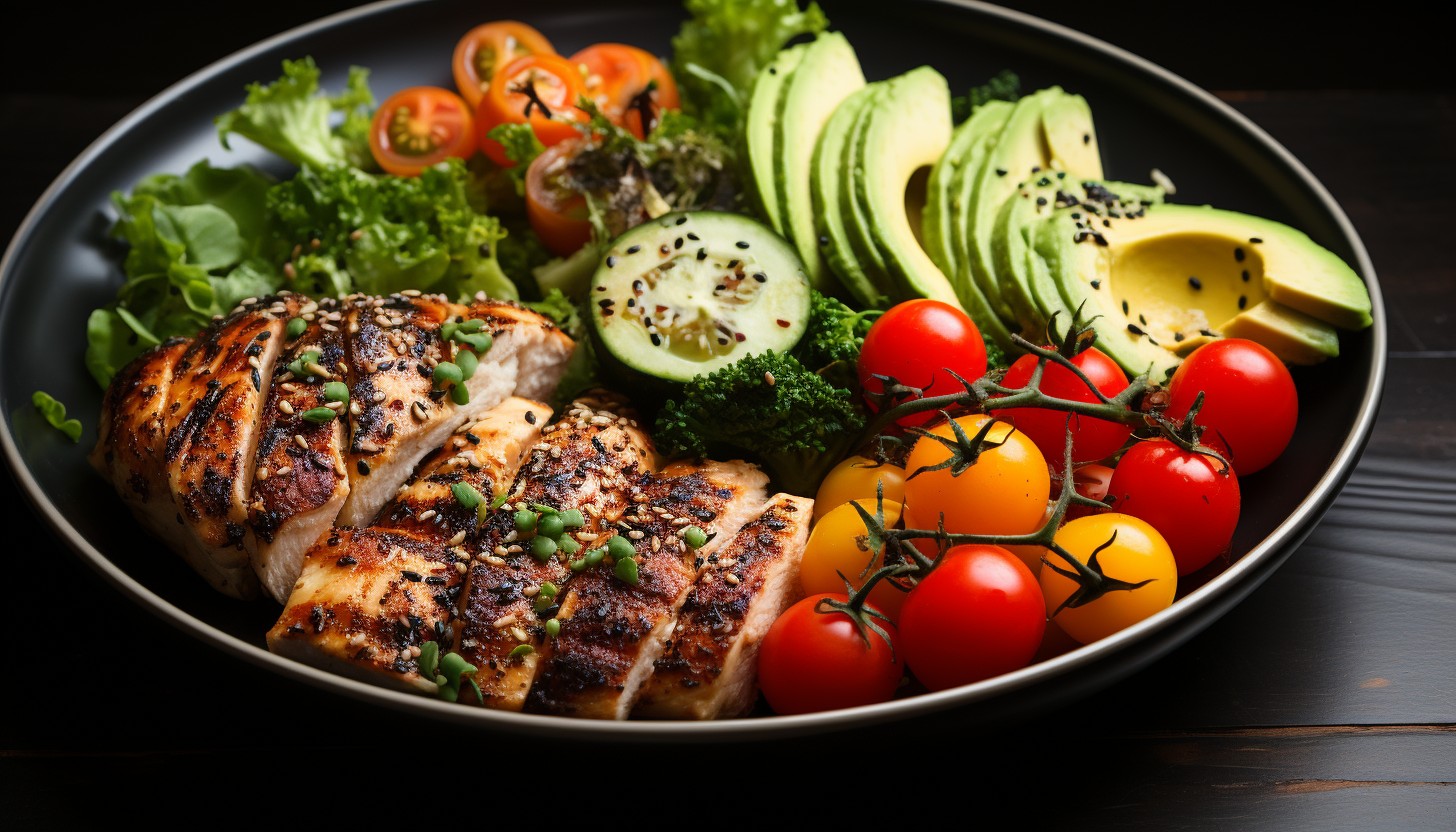
To properly recover after your run, make sure you focus on the macronutrient breakdown of your meal. The ratio of protein to carbohydrates in your post-run meal plays a crucial role in replenishing glycogen stores and promoting muscle repair. Here are three key factors to consider when planning your recovery meal:
1. Protein Intake: Aim for a protein source that provides around 20-30 grams per meal. This will help stimulate muscle protein synthesis and aid in muscle recovery and growth.
2. Carbohydrate Consumption: Consume carbohydrates that provide a ratio of 3:1 or 4:1 (carbohydrates to protein) to optimize glycogen restoration and enhance muscle repair.
3. Nutrient Timing: It is essential to refuel within the first 30-60 minutes after exercise when your muscles are most receptive to nutrient uptake. This window allows for optimal glycogen replenishment and enhances the overall recovery process.
By focusing on the appropriate protein and carbohydrate ratio, along with proper nutrient timing, you can maximize your post-run recovery potential and ensure that your body receives the necessary nutrients for repair and growth.
Transitioning into hydration strategies for optimal recovery, it is equally important to pay attention to fluid intake during this critical period following exercise.
Hydration Strategies for Optimal Recovery

After your run, make sure you hydrate properly by replenishing lost fluids and electrolytes. Hydration is crucial for optimal recovery and performance. Electrolytes, such as sodium, potassium, and magnesium, play a vital role in maintaining fluid balance and muscle function. To ensure you are adequately hydrated, it’s important to understand hydration timing and strategies.
During exercise, you lose both water and electrolytes through sweat. It’s recommended to replace these losses within 2 hours after exercise to support proper recovery. The table below provides some examples of hydrating foods and beverages that can help replenish fluids and electrolytes:
| Food/Beverage | Fluid Content | Electrolyte Content |
|---|---|---|
| Watermelon | High | Low |
| Coconut water | Moderate | High |
| Sports drinks | High | Moderate |
Watermelon is not only refreshing but also contains high amounts of water which aids in rehydration. Coconut water is a natural source of electrolytes such as potassium. Sports drinks are formulated specifically for replenishing fluids and electrolytes during intense physical activity.
Remember to listen to your body’s thirst cues and drink enough fluids throughout the day to maintain hydration levels. By incorporating these hydration strategies into your post-run routine, you can optimize recovery and enhance your performance in future workouts.
Preparing Quick and Easy Post-Run Meals
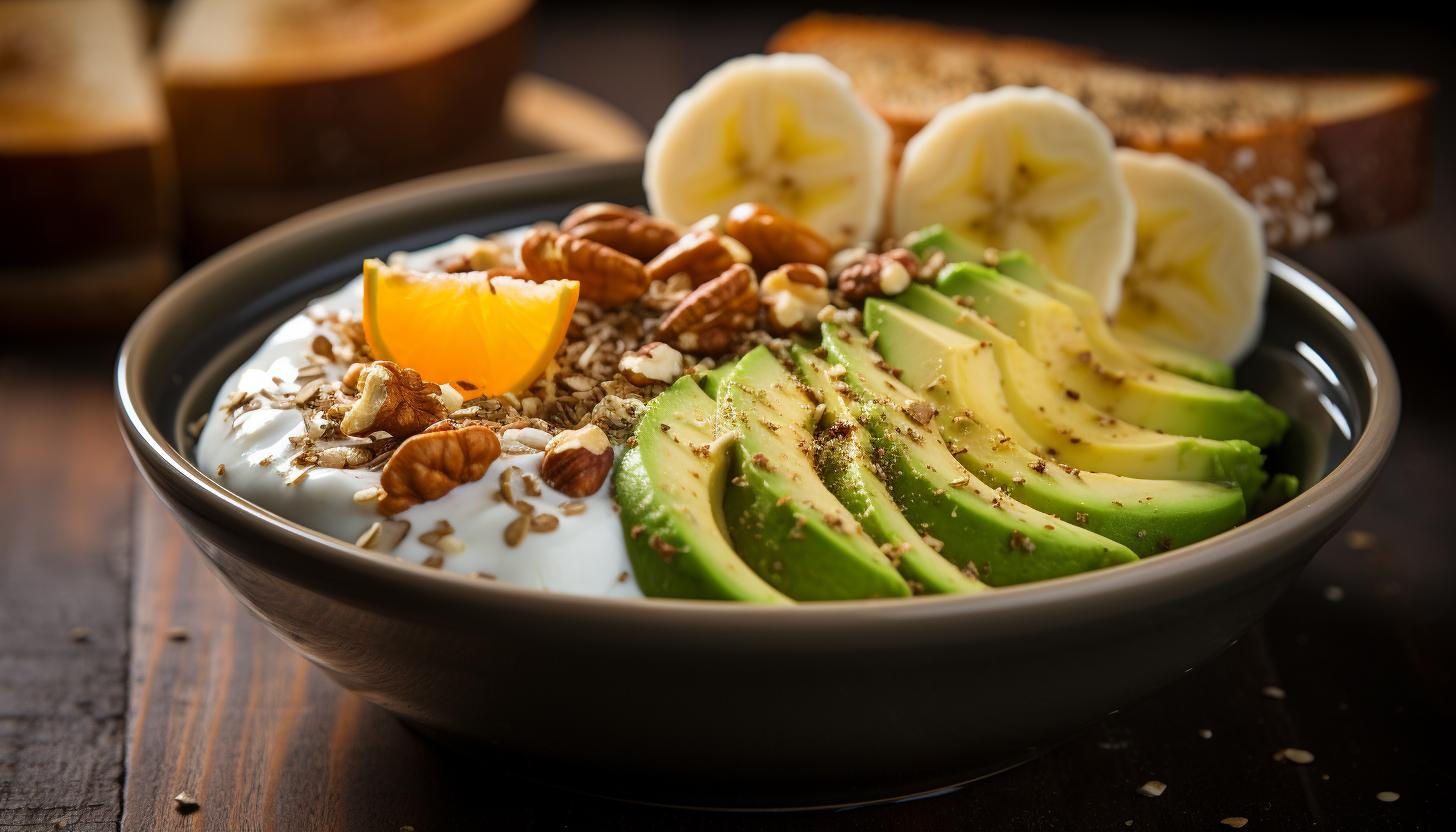
One way to save time after your run is by preparing quick and easy meals. These post-run snack options not only provide the necessary nutrients for optimal recovery but also help you refuel without spending too much time in the kitchen. Here are three meal prep tips to consider:
1. Pre-cut and portion your fruits and vegetables: By washing, cutting, and portioning your produce ahead of time, you can easily grab a handful of nutritious snacks like sliced apples or carrot sticks right after your run.
2. Cook in bulk: Prepare larger batches of grains such as quinoa or brown rice, as well as lean proteins like chicken or tofu, so that you have pre-cooked ingredients ready to assemble into meals throughout the week. This saves both time and effort when it comes to cooking after a tiring workout.
3. Make use of convenience foods: Incorporate healthy convenience items like canned beans, frozen vegetables, or pre-made sauces into your post-run meals. They require minimal preparation but still offer nutritional benefits.
Superfoods to Incorporate Into Your Recovery Meals
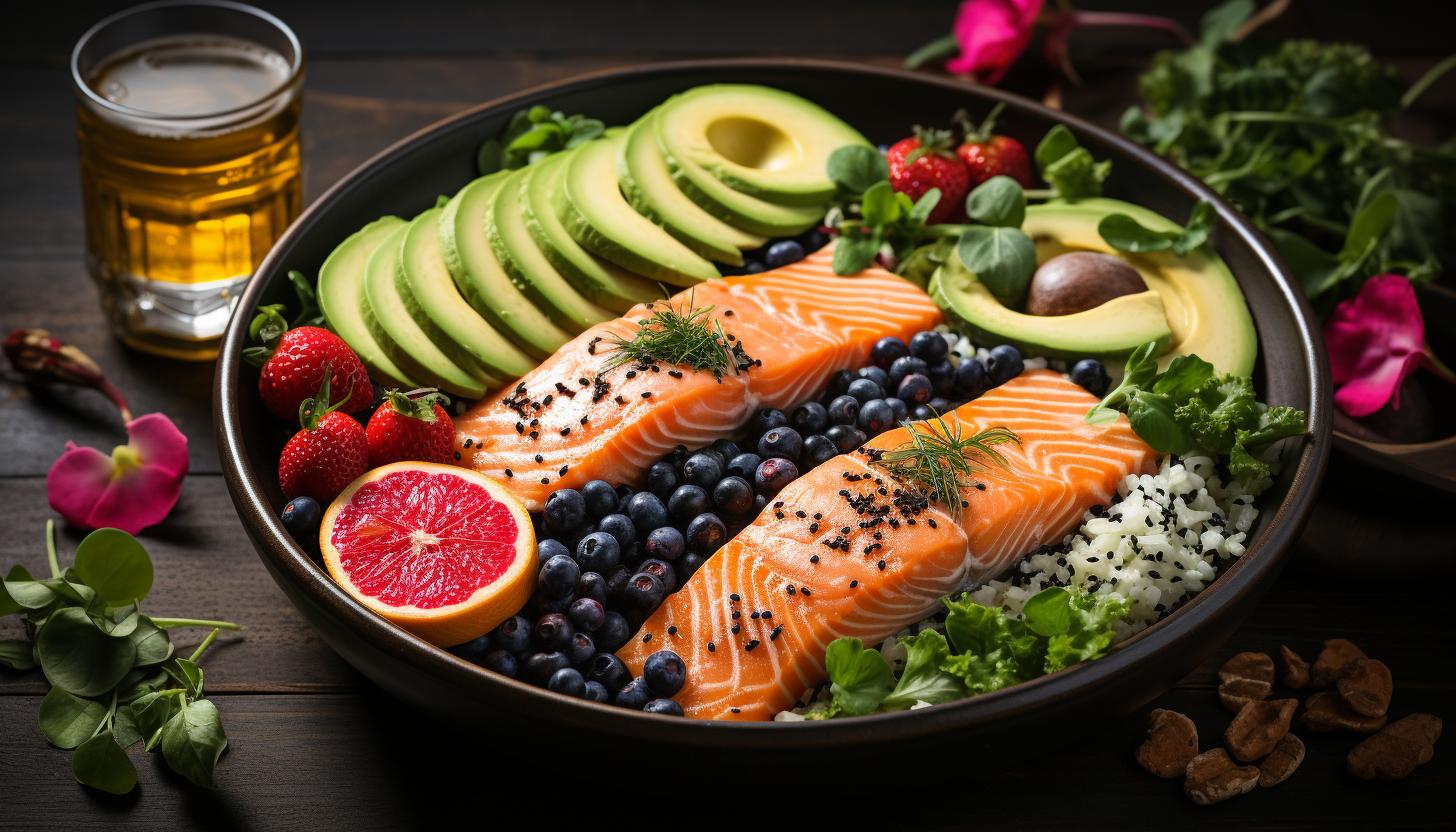
Incorporating superfoods into your recovery meals can provide additional benefits for your overall health and well-being. One great way to incorporate these nutrient-dense foods is by making smoothies. Smoothies are not only easy to make, but they also allow you to pack a variety of superfoods into one delicious drink.
To promote faster recovery, it’s important to include antioxidants in your post-run meals. Antioxidants help reduce inflammation and oxidative stress caused by intense exercise. Berries such as blueberries, strawberries, and raspberries are rich in antioxidants like anthocyanins and vitamin C. Adding a handful of these berries to your smoothie can boost its antioxidant content.
Another superfood that can aid in recovery is leafy greens like spinach or kale. These greens are packed with vitamins, minerals, and phytonutrients that support the body’s healing process. You can easily incorporate them into your smoothie by blending a handful of spinach or kale leaves with fruits like bananas or mangoes.
For an extra protein punch, consider adding chia seeds or hemp hearts to your smoothies. These plant-based sources of protein contain essential amino acids that help repair muscle tissue after a workout.
Conclusion
In conclusion, after a rigorous run, it is crucial to prioritize proper nutrition for optimal recovery. By focusing on the right macronutrient breakdown and staying hydrated, you can enhance your body’s ability to repair and replenish.
Don’t underestimate the power of quick and easy post-run meals, as they can provide essential nutrients and aid in muscle recovery. Incorporating superfoods into your meals adds an extra boost of antioxidants and anti-inflammatory properties, helping you bounce back faster than ever before.
Remember, when it comes to post-run nutrition, a well-prepared meal is like a soothing balm for your tired muscles.


